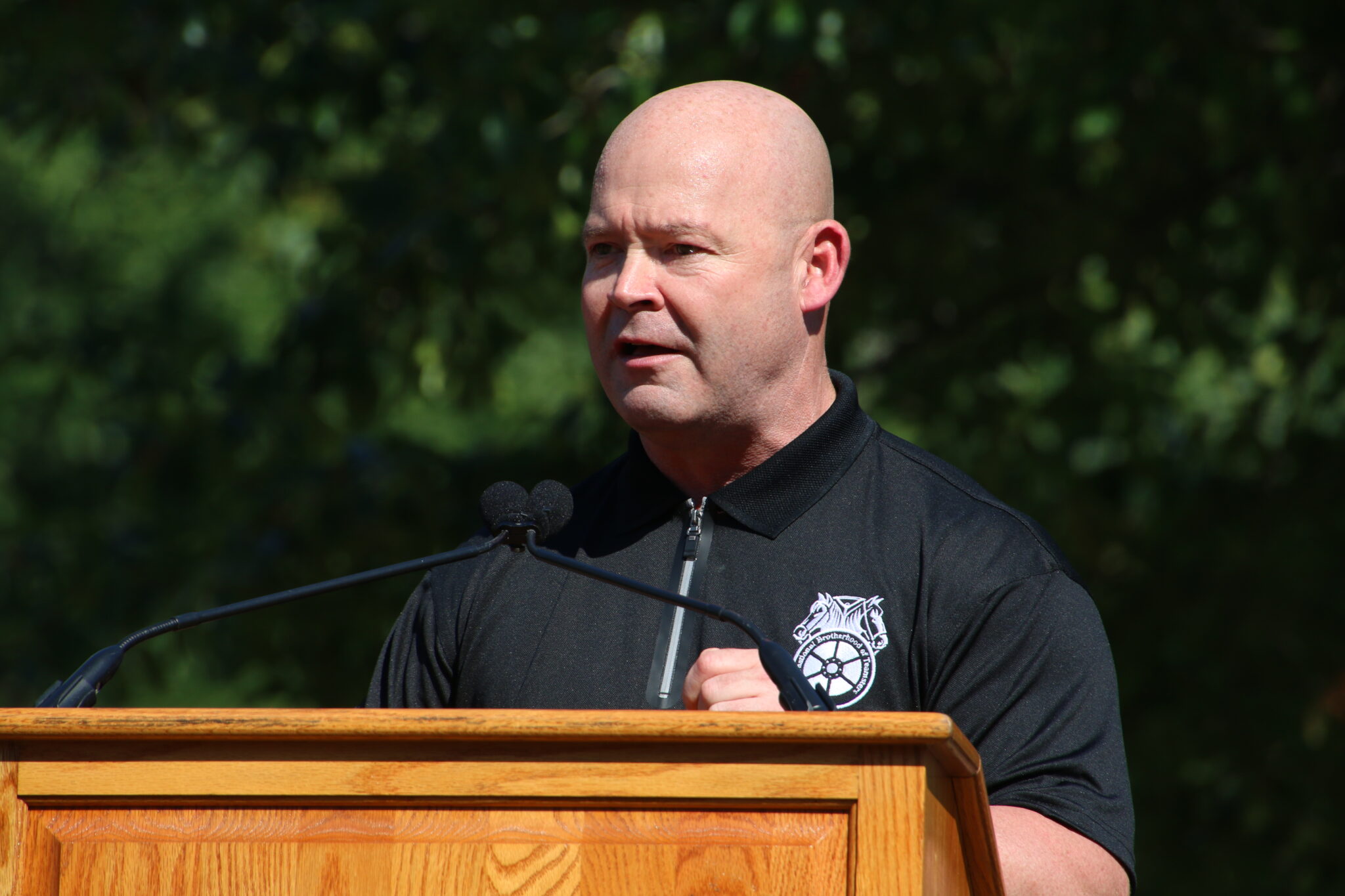
Otto Barenberg is a student at Harvard Law School and the Digital Director of OnLabor.
In today’s news and commentary, Harris will meet with Teamsters leadership after receiving the union’s National Black Caucus’s endorsement; California moves closer to banning captive audience meetings; and Texas challenges the EEOC’s guidance for transgender employees.
On Friday, Vice President Kamala Harris agreed to participate in a roundtable discussion with leaders of the International Brotherhood of Teamsters. An outlier among major unions, the Teamsters have yet to endorse a candidate for president, and Teamsters President Sean O’Brien has indicated his openness to backing Donald Trump—having met privately with the former president earlier this year and spoken at the Republican National Convention last month.
But the union’s leadership is facing growing pressure from its members to support the presumptive Democratic nominee. Last week, the Teamsters’ National Black Caucus formally endorsed Harris’s candidacy, praising the Vice President as “a key partner in leading the most pro-labor administration in our lifetimes” and “a tough and principled fighter for workers’ rights and a leader who delivers on her promises.” The Caucus also noted that a Trump endorsement “would be a betrayal of the values that we have fought to uphold.” Moreover, after Trump expressed support for Elon Musk’s union-busting tactics in a conversation with the billionaire last week, O’Brien’s position seemed increasingly untenable. The Teamsters leader lambasted the former president’s remarks, saying: “firing workers for organizing, striking, and exercising their rights as Americans is economic terrorism.”
A California bill to ban captive audience meetings cleared a key legislative hurdle last week. In a party-line vote, the Assembly Appropriations Committee advanced the measure to the full Assembly; the state Senate has aleady passed the bill. Outlawing the potent anti-union tactic has been a priority for California’s unions. The Teamsters, whose Amazon warehouse organizing campaign has been stymied by the e-commerce giant’s use of captive audience meetings, have been particularly ardent supporters of the measure. Prominent Democratic politicians have also weighed in. Last week, Vice-Presidential candidate Tim Walz expressed support for the ban during a Los Angeles meeting with union members, saying: “we’re going to continue to ban those meetings.” Walz’s home state of Minnesota is one of half-a-dozen that have outlawed captive audience meetings, although business groups are challenging the Minnesota measure in court.
On Thursday, Texas and the Heritage Foundation, a conservative think-tank, sued the Equal Employment Opportunity Commission (EEOC) over its guidance on transgender employees. The EEOC has said Title VII of the Civil Rights Act of 1964 requires employers to accommodate employees’ gender expression—their preferred attire, pronouns, and restroom, among other things. Texas contends the Supreme Court’s landmark 2020 decision in Bostock does not mandate affirmative accommodations, but rather merely prevents employers from firing workers for their transgender identity. Texas and the Heritage Foundation filed the lawsuit with the U.S. District Court for the Northern District of Texas, a forum notorious for its eagerness to impede and undermine the Biden Administration’s agenda.






Daily News & Commentary
Start your day with our roundup of the latest labor developments. See all
December 12
OH vetoes bill weakening child labor protections; UT repeals public-sector bargaining ban; SCOTUS takes up case on post-arbitration award jurisdiction
December 11
House forces a vote on the “Protect America’s Workforce Act;” arguments on Trump’s executive order nullifying collective bargaining rights; and Penn State file a petition to form a union.
December 8
Private payrolls fall; NYC Council overrides mayoral veto on pay data; workers sue Starbucks.
December 7
Philadelphia transit workers indicate that a strike is imminent; a federal judge temporarily blocks State Department layoffs; and Virginia lawmakers consider legislation to repeal the state’s “right to work” law.
December 5
Netflix set to acquire Warner Bros., Gen Z men are the most pro-union generation in history, and lawmakers introduce the “No Robot Bosses Act.”
December 4
Unionized journalists win arbitration concerning AI, Starbucks challenges two NLRB rulings in the Fifth Circuit, and Philadelphia transit workers resume contract negotiations.